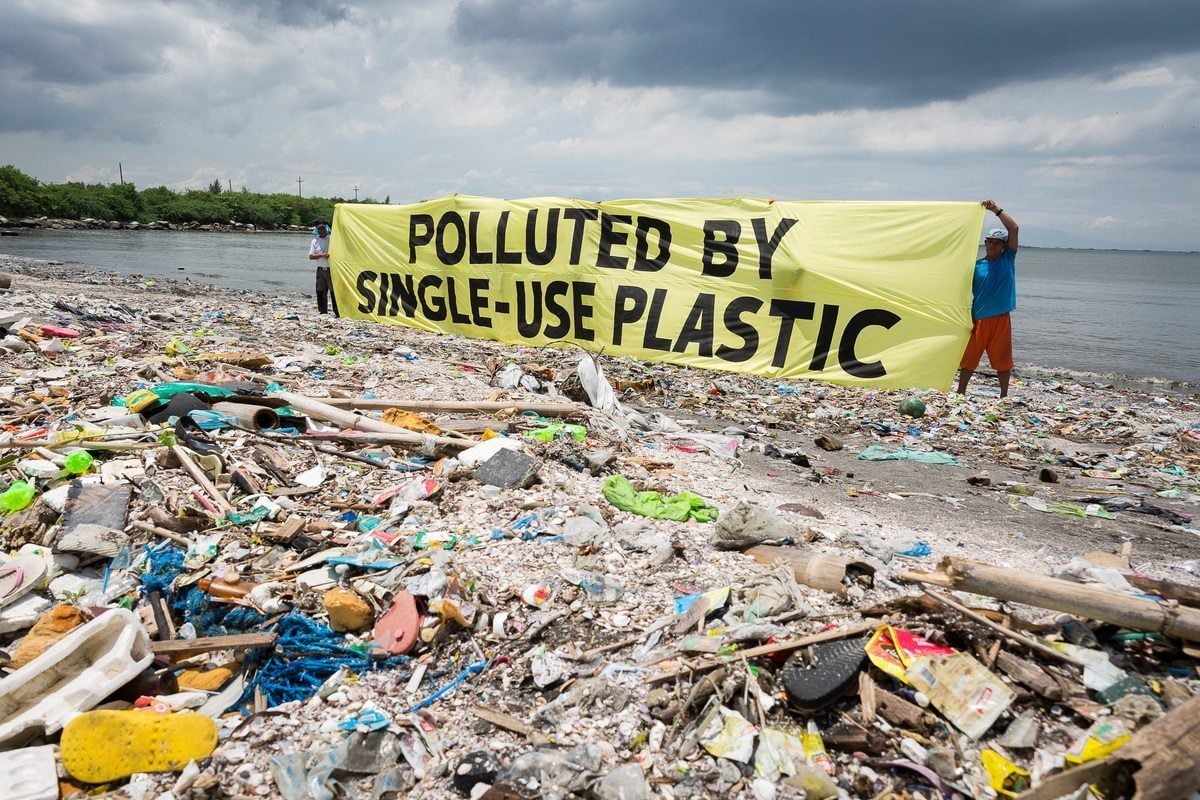In an era where environmental concerns have reached unprecedented levels of urgency, forward-thinking enterprises are revolutionizing their operations by embracing sustainability and biodiversity conservation as top priorities. SOMWR & STARBOARD stands as a shining exemplar in this endeavor, actively shaping the landscape of biodiversity conservation through a multifaceted approach. This entails a profound shift towards eco-friendly materials in the production of their equipment and an unwavering commitment to responsible water usage, thereby striving to curtail their ecological footprint.
Furthermore, SOMWR and STARBOARD staunchly champions conservation efforts through meaningful partnerships with renowned organizations, such as the Worldview International Foundation, Parley, Protect Blue, and Trash Hero. Their initiatives extend to regular beach clean-up activities conducted under the auspices of the Plastic Offset Program, complemented by a robust educational program that fosters environmental awareness and protection.
A substantial portion of our conservation endeavors is concentrated in Myanmar, where they are orchestrating a symphony of initiatives. Here, they proactively plant mangroves, not just to mitigate their carbon emissions but also to foster the growth of their 2nd and 3rd Plastic Offset Program chapters, aimed at purging beaches of plastic debris and empowering local communities.
The choice of Myanmar as a focal point for their efforts is strategic and profound. Myanmar, renowned for its rich cultural heritage and diverse ecosystems, is currently grappling with a formidable environmental challenge – biodiversity loss stemming from rampant deforestation.
The Significance of Myanmar's Rainforests in Biodiversity Preservation
Myanmar's rainforests, perched on the world stage, stand as sanctuaries of exceptional biodiversity and ecological importance. These verdant realms harbor an astonishing diversity of plant and animal species, many of which are endemic, found nowhere else on Earth. Beyond their intrinsic value, these rainforests serve as linchpins in upholding global biodiversity, regulating climate patterns, and sustaining the livelihoods of local communities.
The Perils of Deforestation
Deforestation and the concomitant loss of biodiversity in Myanmar's rainforests constitute a formidable menace, one that imperils not just the nation's unique natural heritage but also the very stability of the global ecosystem. To tackle this multifaceted challenge head-on, swift and coordinated action is imperative, addressing the root causes of deforestation, endorsing sustainable land management practices, and ensuring the enduring vitality of these irreplaceable ecosystems.
Underlying Causes of Deforestation
- Agricultural Expansion: The conversion of forested land for agriculture, driven by subsistence farming and large-scale agribusiness, has laid waste to vast expanses of Myanmar's lush forests.
- Logging: The insatiable demand for timber and other forest resources has spurred unsustainable logging practices, including illegal activities, fueled by the global timber trade, which has inflicted profound damage on Myanmar's rainforests.
- Infrastructure Development: The construction of roads, highways, and other infrastructural projects necessitates the clearing of trees, further exacerbating deforestation.
- Mining: Precious gem and mineral extraction activities have exacted a heavy toll on Myanmar's rainforests, significantly contributing to deforestation.
Consequences of Deforestation and Biodiversity Loss
Biodiversity Erosion: The most immediate and disconcerting ramification of deforestation is the staggering loss of biodiversity. Many plant and animal species that rely on these rainforests for sustenance and habitat are now teetering on the brink of extinction. The disruption of ecosystems sends shockwaves through entire food chains and ecological interactions.
- Climate Change: Rainforests act as invaluable carbon sinks, absorbing vast quantities of carbon dioxide from the atmosphere. Deforestation triggers the release of this stored carbon back into the atmosphere, escalating global climate change, and thereby intensifying the ongoing climate crisis.
- Disruption of Indigenous Communities: Numerous indigenous communities in Myanmar maintain deep-rooted connections to the rainforests, relying on them for sustenance, cultural practices, and spiritual well-being. Deforestation threatens these communities' way of life, often leading to displacement and the erosion of cultural heritage.
- Erosion and Soil Degradation: The removal of trees and vegetation leaves the soil vulnerable to erosion by wind and rain. Consequently, soil quality deteriorates rapidly, leading to reduced agricultural productivity and an increased susceptibility to landslides.
Solutions and Conservation Efforts
- Protected Areas and Reserves: The establishment and efficient management of protected areas and wildlife reserves are pivotal in safeguarding critical rainforest habitats and preserving biodiversity.
- Sustainable Logging Practices: Enforcing sustainable logging practices and regulations can effectively mitigate the detrimental impacts of logging, facilitating the responsible utilization of forest resources.
- Forestry: The promotion of sustainable forestry practices, which inherently combine agriculture and forestry, offers a promising approach to land use that safeguards the environment.
- International Cooperation: Collaborative efforts between governments, NGOs, and international organizations are paramount in addressing the inherently global nature of deforestation and biodiversity loss, forming a united front in the quest for a more sustainable and biodiverse world.


